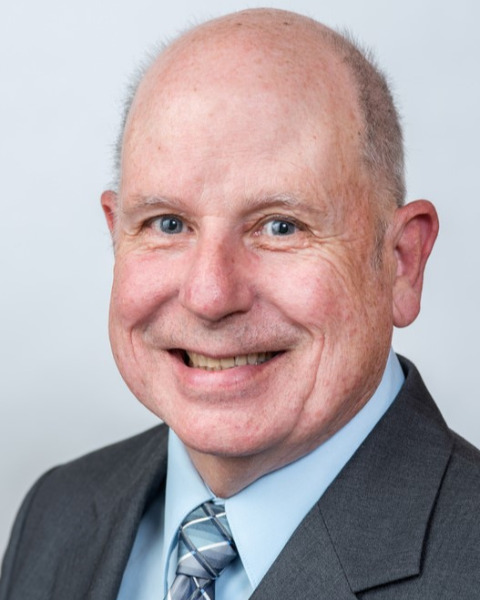2024 EWRI Congress
Environmental
Nature-based Solutions (NbS) for Environmental Health and Water Quality
39 - Successes and Challenges in Project Implementation Using Unsaturated Media Filter Systems for Onsite Wastewater Treatment in Rhode Island
Tuesday, May 21, 2024
4:45 PM - 5:00 PM CT
Room: S 102 A

Kevin M. Sherman (he/him/his)
Director of Engineering and Regulatory Affairs
SeptiTech, Inc.- AZ
Author(s)
Co-Author (not attending)(s)
Coastal communities in Washington County, Rhode Island face onsite wastewater (OWW) management challenges due to the regional sensitivity of nitrogen discharges to drinking water source aquifers and risk of eutrophication of nearshore surface waters. Besides possibly impacting public health, the state is facing shellfish beds and recreational beach closures due to harmful algal blooms and sewage releases. An unsaturated media filter system with a polystyrene attached bead growth media was used to treat residential sewage and commercial wastewater in Washington County. The system is designed with a primary treatment zone where denitrification occurs and a nitrification treatment zone within the unsaturated media filter. Lack of information and data regarding engineering design parameters is a common challenge in the OWW treatment industry. However, by understanding the operational realities of the businesses and discussing daily detailed practices with business owners and residents, installed systems in Washington County were able to provide adequate treatment and handle variations in influent quantity and quality. During seasonal variation, these systems continued to maintain their performance and ability to meet state regulatory requirements including total nitrogen removal. Moreover, these unsaturated media filter systems have been showing successful practical project implementations that met residential and community requirements in Washington County. Adaption of consistent testing and sampling protocols for OWW treatment systems are essential in serving off the grid communities within the County. In addition, community support plays a significant role in the decision making of OWWTS operation and maintenance and they are the key to projects' success.
